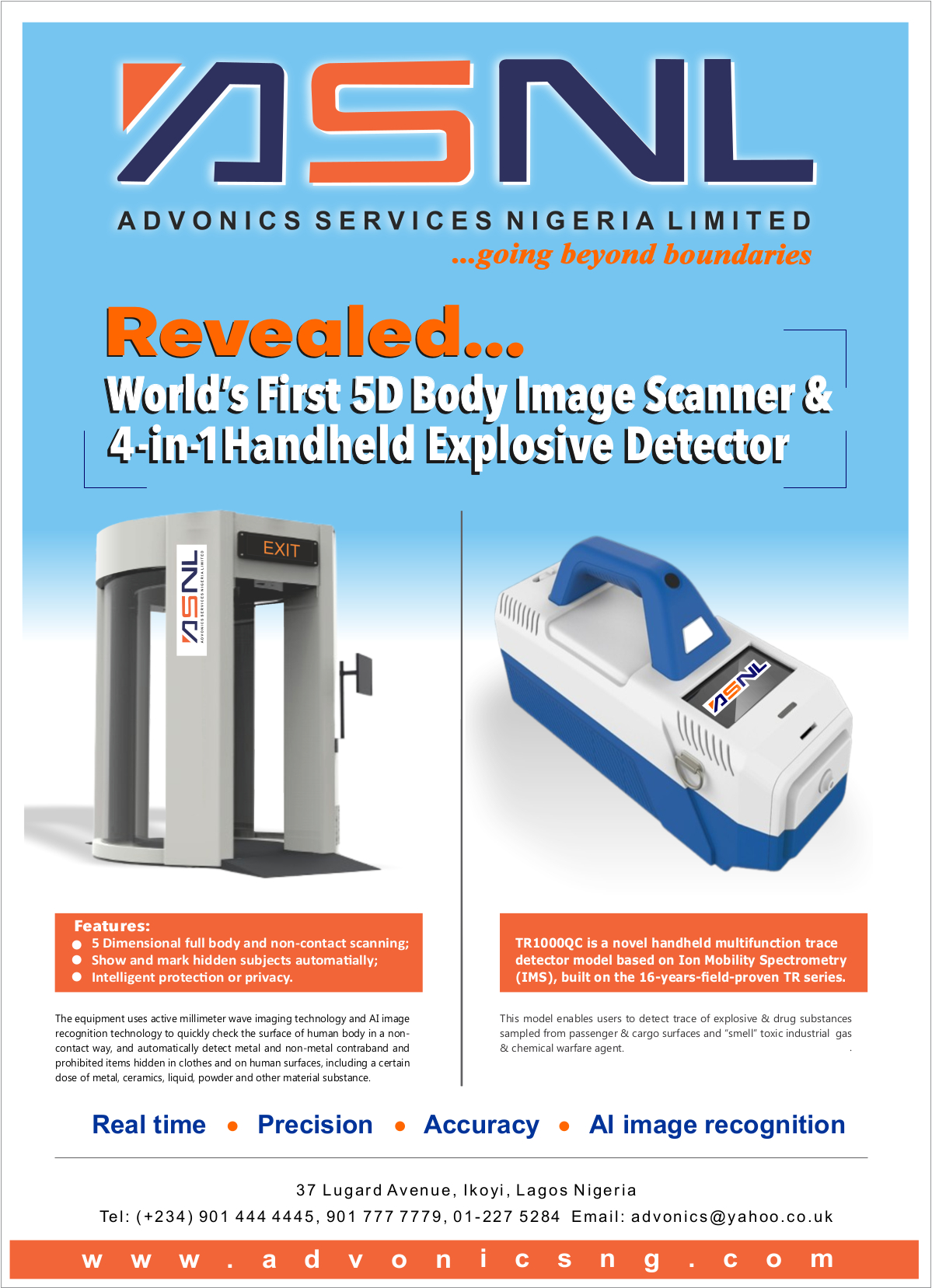Metro
Oncologist And 4-Month-Old Infant Found Dead In Apparent Murder-Suicide

In a heartbreaking turn of events, Dr. Krystal Cascetta, a well-respected oncologist, and her 4-month-old baby have been found dead, pointing to a tragic murder-suicide. The incident occurred at their Somers, N.Y., home, where Dr. Cascetta reportedly took the life of her newborn daughter before turning the gun on herself. Notably, her husband was away during the incident, while her parents were present in the house.
Postpartum Psychosis Suspected: A Rare Mental Health Condition with Devastating Consequences
Authorities suspect postpartum psychosis as a potential factor in this distressing event. Postpartum psychosis, classified as a rare mental health condition, is characterized by severe symptoms that elevate the risk of both suicide and infanticide. The gravity of the situation underscores the urgency of understanding this psychiatric emergency.
Signs of Postpartum Psychosis: Recognizing the Severity
Distinguishing postpartum psychosis from common postpartum blues, the report outlines critical signs to watch for. Dr. Jennifer Wider, a women’s health expert, highlights mood swings, disorganized thoughts, severe agitation, self-harm or harm to the infant, along with delusions and hallucinations. The severity and rapid progression of symptoms make timely diagnosis and treatment imperative.
Timeline of Manifestation: From Hours to Weeks Post-Birth
While postpartum psychosis can manifest within hours to weeks after childbirth, the typical timeframe is between three to 10 days post-birth. Postpartum Support International notes that this condition may emerge at any point within the first year, necessitating a keen awareness of potential signs during this critical period.
Contributing Factors to Postpartum Psychosis: Understanding the Complex Landscape
The report sheds light on various factors contributing to postpartum psychosis, affecting 1 to 2 in 1,000 women after childbirth. Physical and hormonal changes, coupled with sleep deprivation and the challenges of caring for a newborn, create a complex landscape. Individuals with a history of mental health conditions or a family history of postpartum psychosis face an increased risk.
Treatment Avenues: Hope for Recovery
Offering a glimmer of hope, the report emphasizes that postpartum psychosis is a treatable condition. In-patient care, overseen by trained medical professionals and incorporating medication, is a key facet of treatment. Despite the severity of symptoms, most individuals with postpartum psychosis make a full recovery with prompt and appropriate care.
Send Us A Press Statement Advertise With Us Contact
And For More Nigerian News Visit GWG.NG












